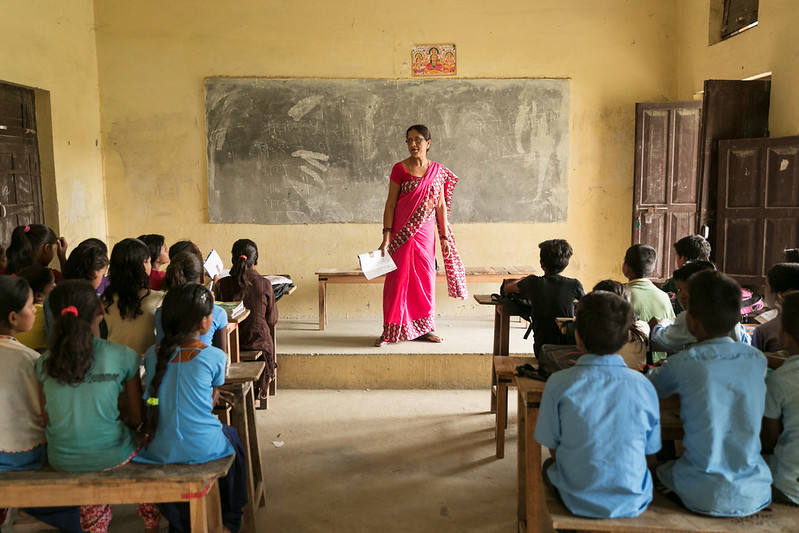
This project seeks to explore how networks for school leaders – Networked Improvement Communities (NICs) – underpinned by an open learning platform, can be harnessed as a system-wide scalable method for building school leaders’ capabilities to bring about sustainable changes in school practices which address inequalities in student access and learning in their institutions. The ambition is that through working collaboratively on small experiments to tackle “micro problems” of inclusion, school leaders can increase their agency to bring about improvements in education equity. The project works with partners in three locations in South Asia: public school systems of Nepal and Pakistan, and schools serving refugee Afghan students in Peshawar, Pakistan.
The project team has experienced success in their efforts to engage key stakeholders for scaling through active engagement in the project’s implementation and sharing of early results in all three countries.
A notable success is the planned uptake of the project’s open course within professional education programs for school leaders in Nepal sponsored by Nepal’s Ministry of Education. In Pakistan, a highlight was the meeting with the Federal Minister of Education on his visit to the in-country partner, Allama Iqbal Open University (AIOU). He was interested in the approach to educator professional learning and inclusion and has requested a copy of the final report be sent to the Ministry for adoption or adaptation of the NIC approach in Continuing Professional Development (CPD) programs. There are also promising signs of engagement with UNHCR and other key stakeholders working with refugee Afghans in Peshawar with the IDEA Regional Education Officer requesting access to project course materials to replicate the course and model with other teachers in Afghan camps across Pakistan, utilizing Afghan student leaders as facilitators.
